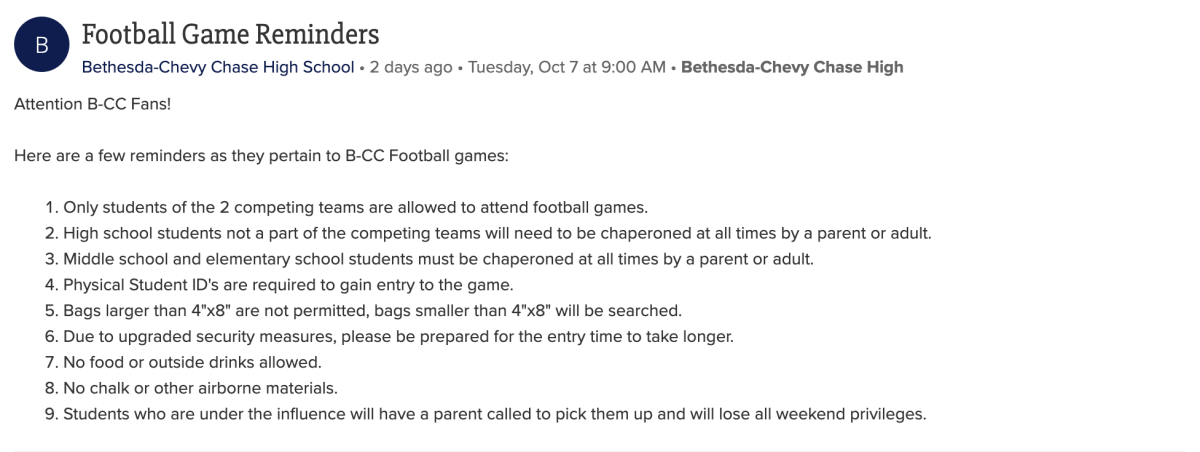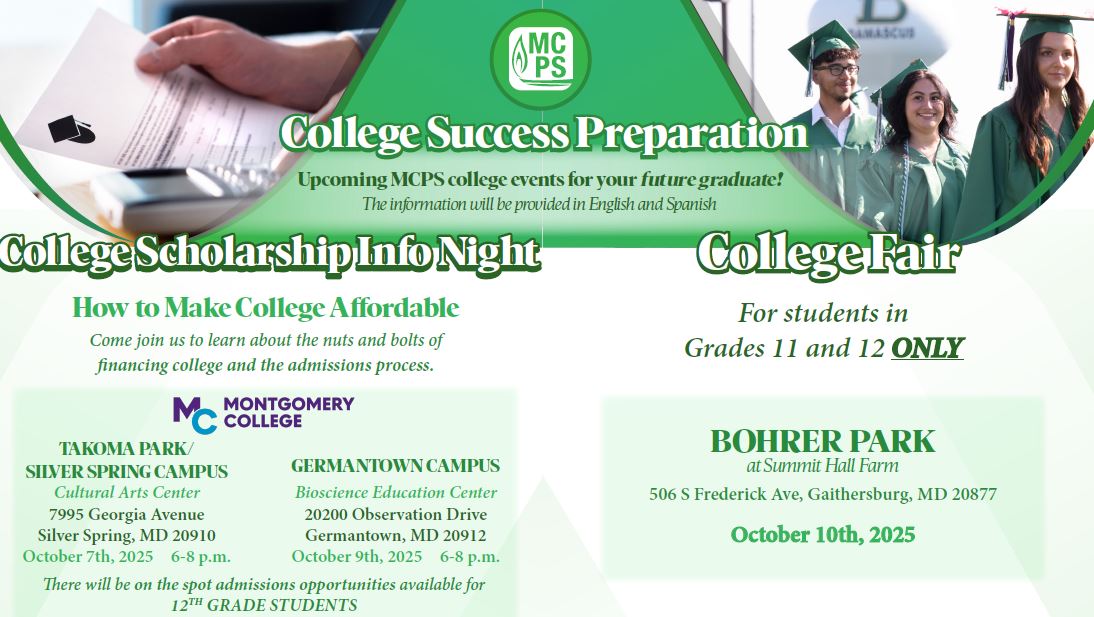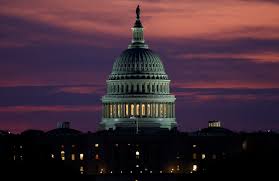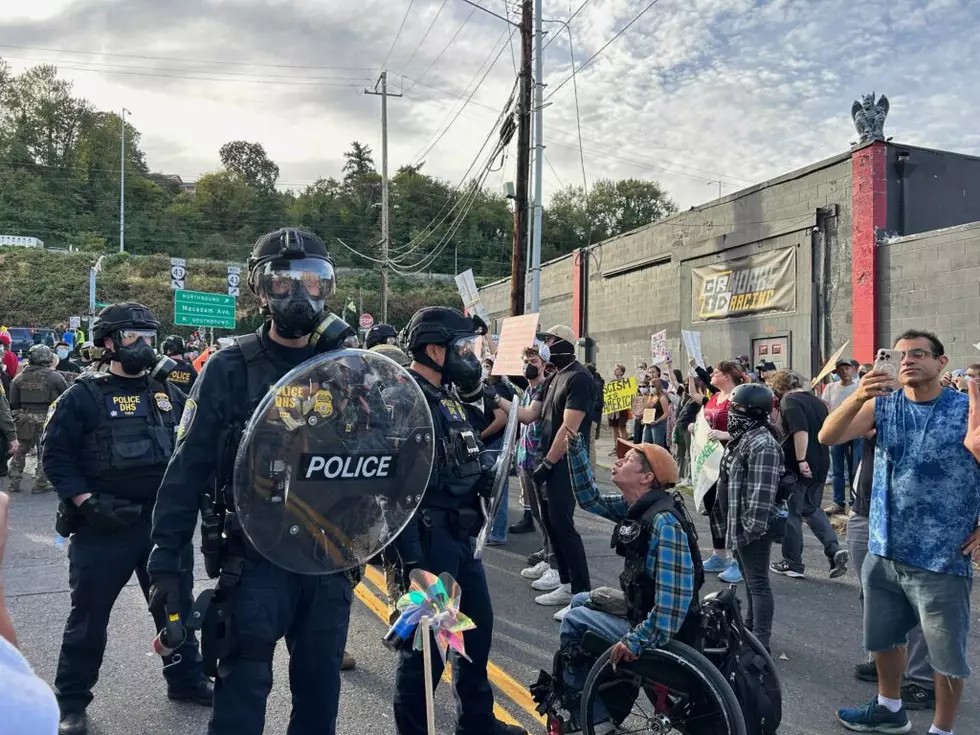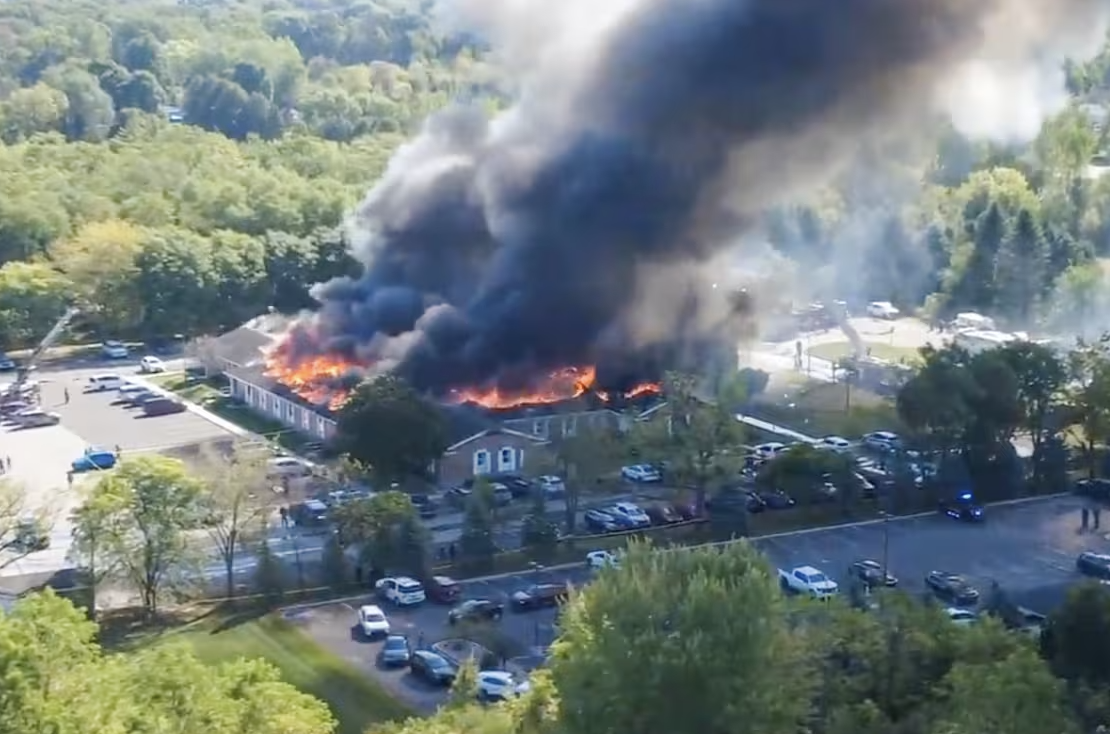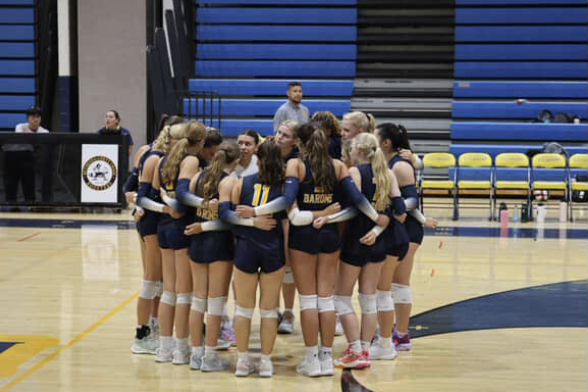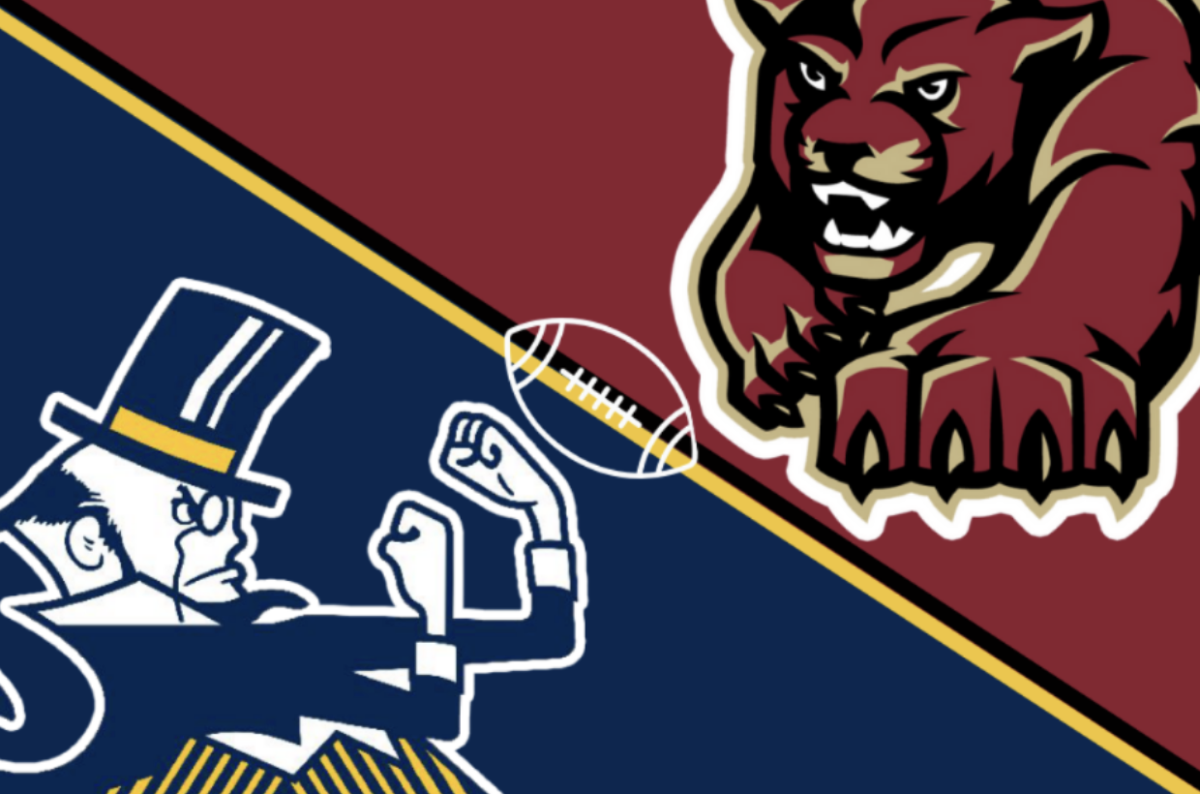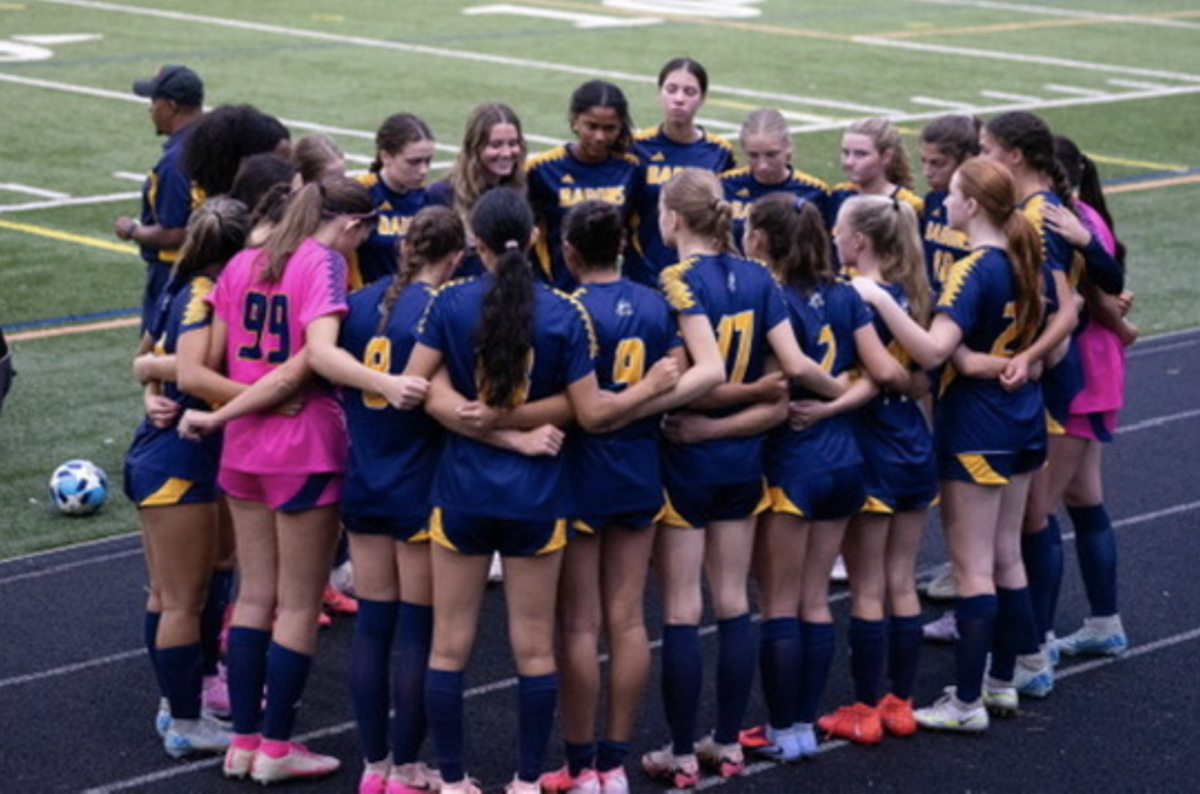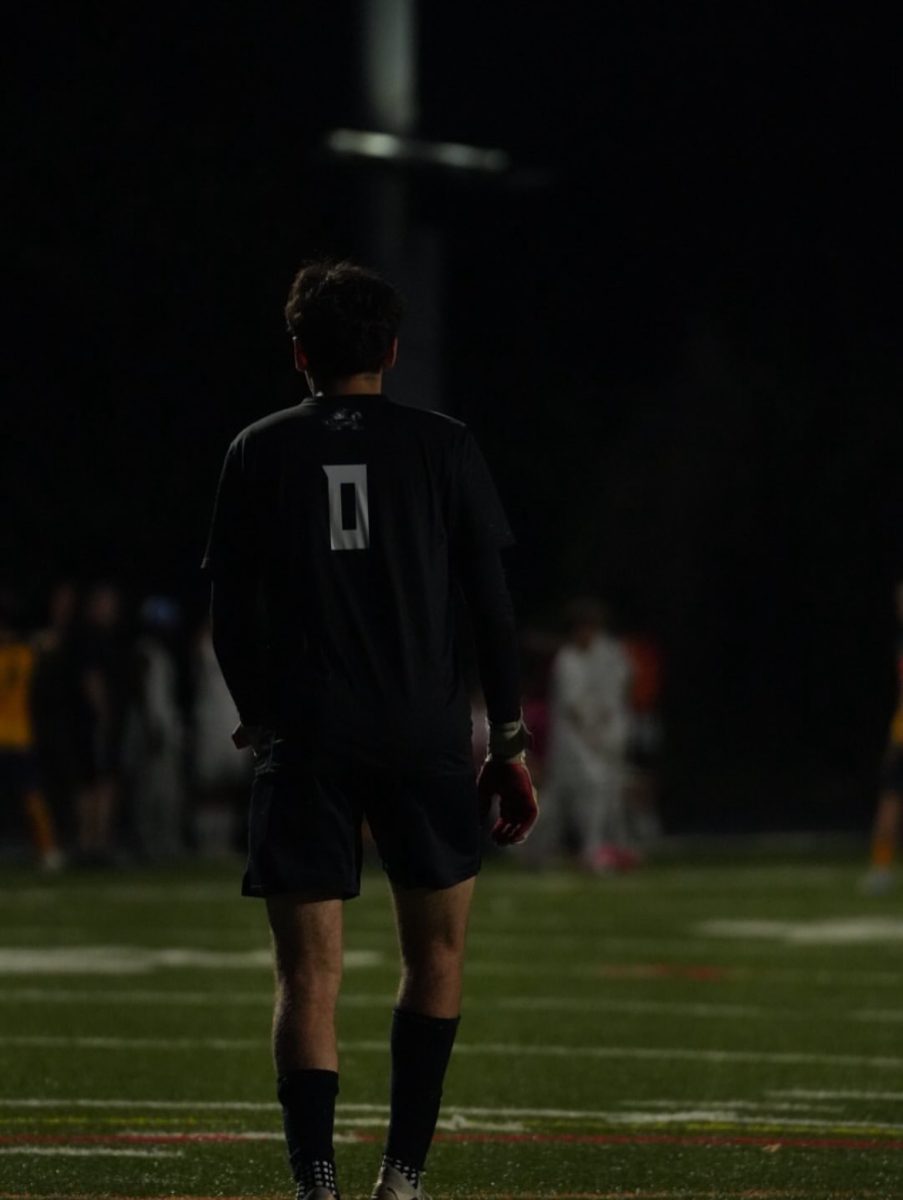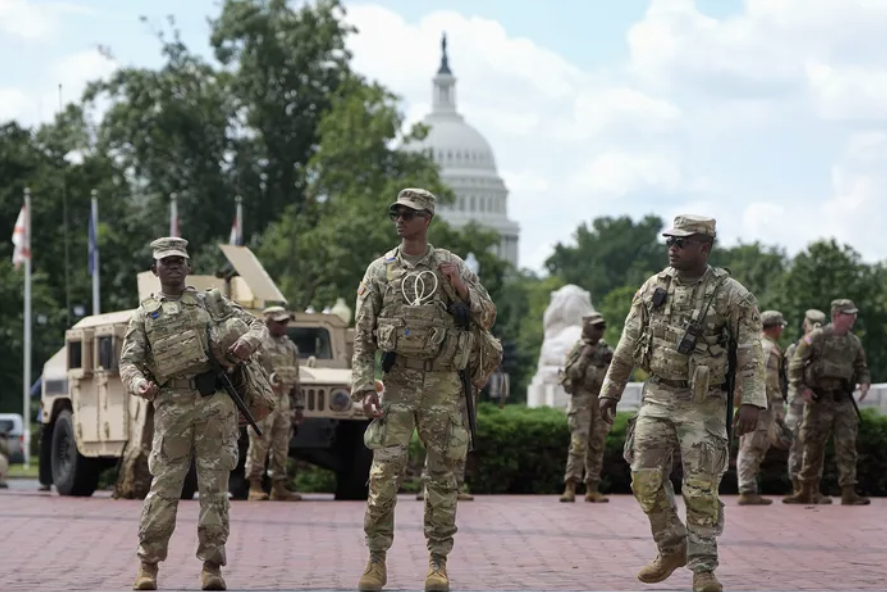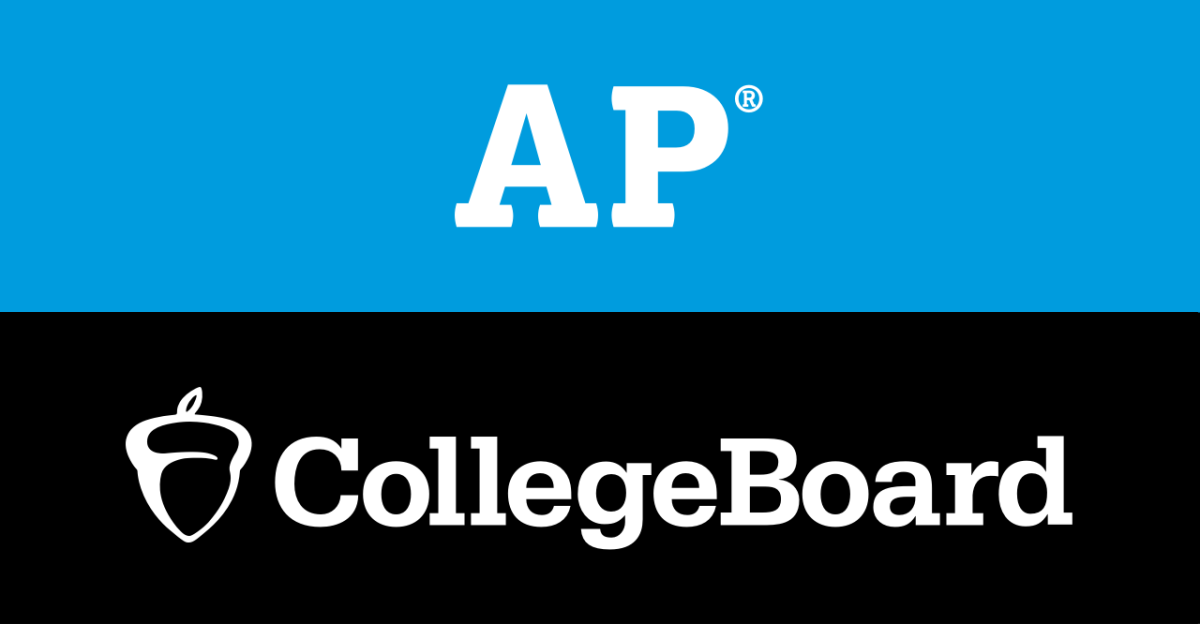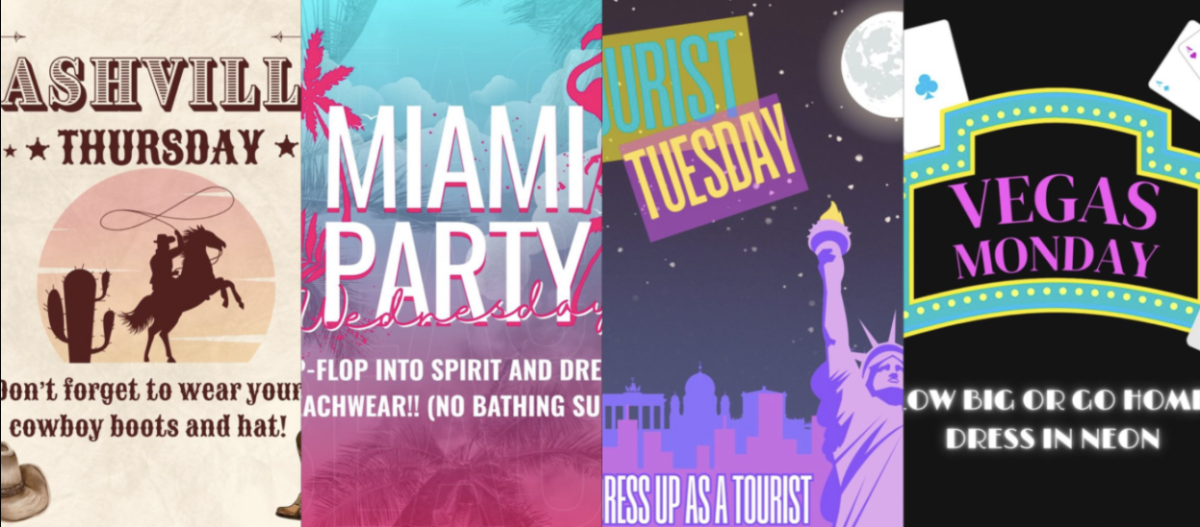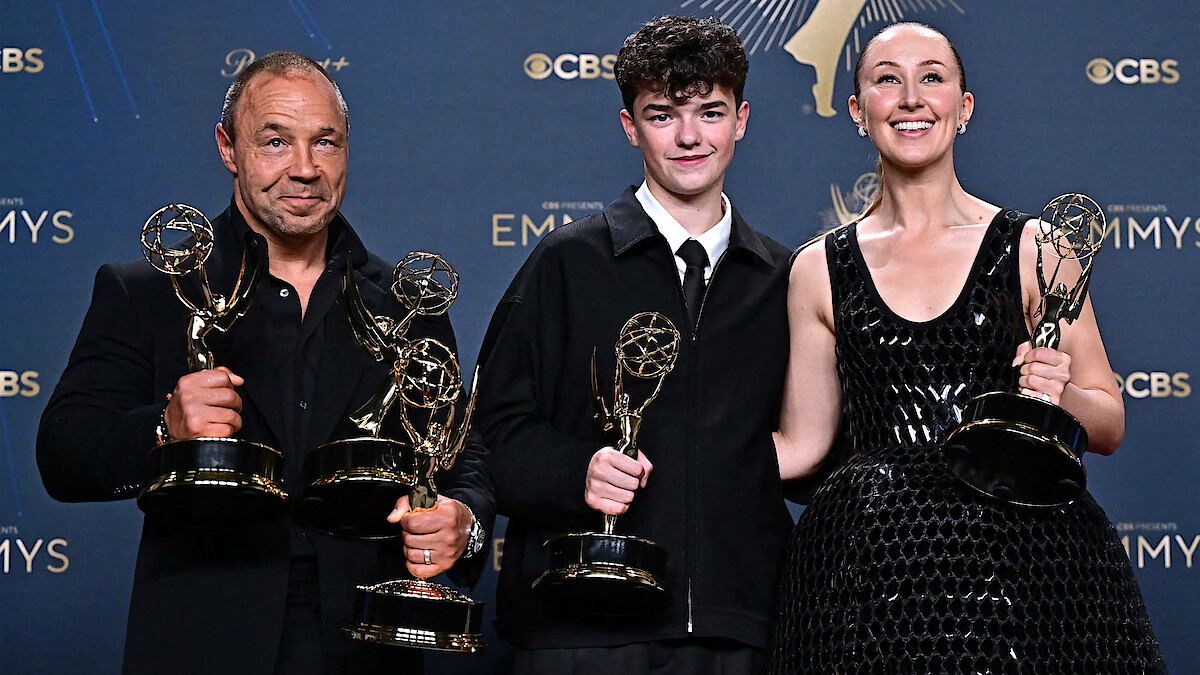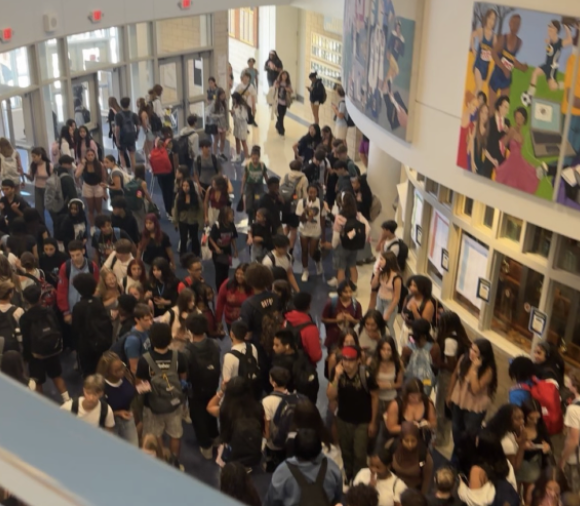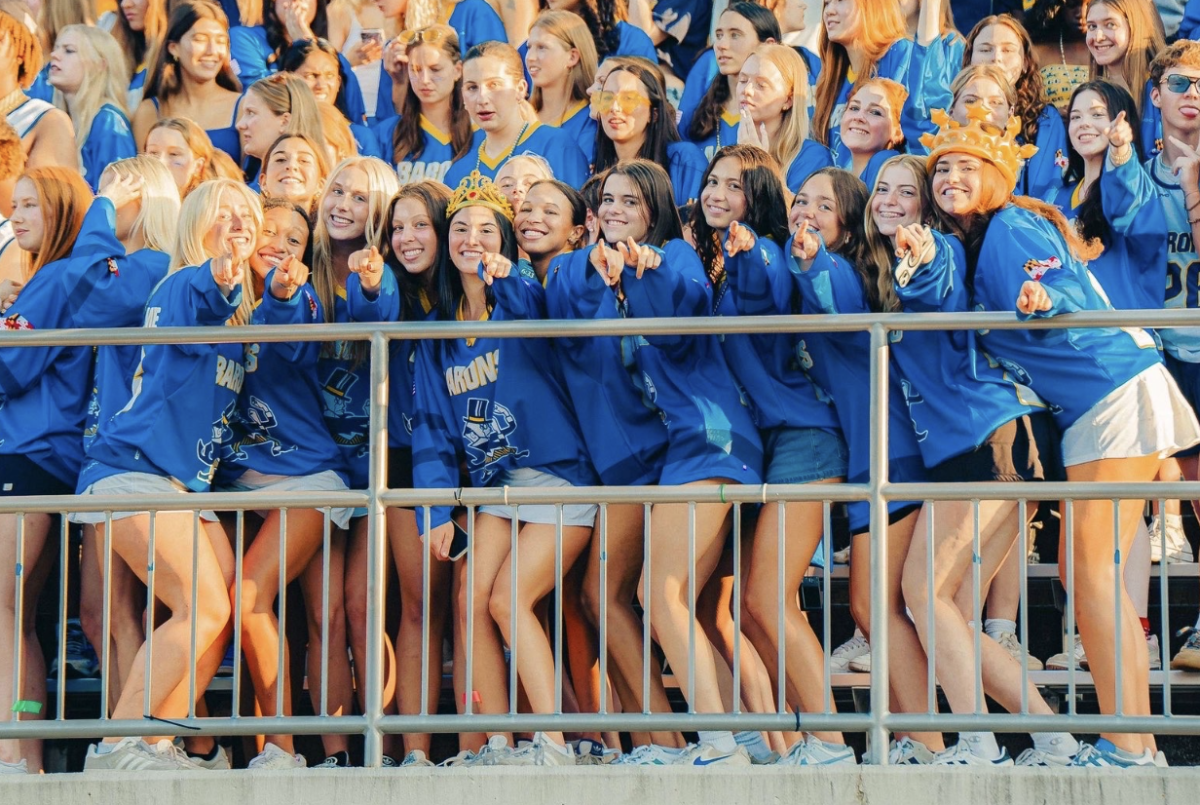Each fall, libraries and schools across the United States celebrate Banned Books Week, a national, annual celebration of the freedom to read. This year, Banned Books Week runs from October 5-11 and emphasizes the importance of promoting open access to information.
Banned Books Week isn’t meant to force people to read these restricted books; it’s to promote and respect students’ rights to access information and read what they please. Whether it’s a fantasy, a graphic novel, or a biography, the co-chair of the B-CC Used Book Sale Committee, Hesha Duggirala, shares, “When we protect the freedom to read, we protect each other’s ability to learn, question, and grow.”
The Supreme Court case, Mahmoud v. Taylor, sparked an increased importance of banned books this week. The case argues whether public schools can lead and teach lessons on gender and sexuality to students. Those lessons may go against their parents’ religious convictions, and without giving the parents notice or opportunity to opt out, many parents have grown to negatively view the teachings. Thus, these conflicts have made apparent the need for an opt-out option. On June 27, 2025, the Supreme Court concluded that parents are entitled to opt their children out of Montgomery County Board of Education’s introduction of certain “LGBTQ+ -inclusive” storybooks because it poses a serious threat to undermining their religious beliefs. “I think the biggest impact on the curriculum is not a direct impact on what’s taught, but it’s more an impact on what’s available to the public,” Mr. O’Halloran, head of the English Department, shares.
The B-CC Used Book Sale Committee, hosting the Book Sale on March 7-8, 2026, has and will continue to include a “banned book section.” The area includes a substantial selection of banned books which has notably been an extremely popular section, as shared by the committee: “It’s one of the most talked-about areas of the sale, especially among students.” The co-chair of this committee, Hesha Duggirala, shared that many students are surprised when they come to find out one of their favorite books, like “The Giver,” is among the list of banned books.
The section helps students: “[They] connect the dots and say, ‘I read that book in middle school, why would anyone ban it?” Duggirala continues, “That moment of surprise is exactly what keeps this section so meaningful every year.”

